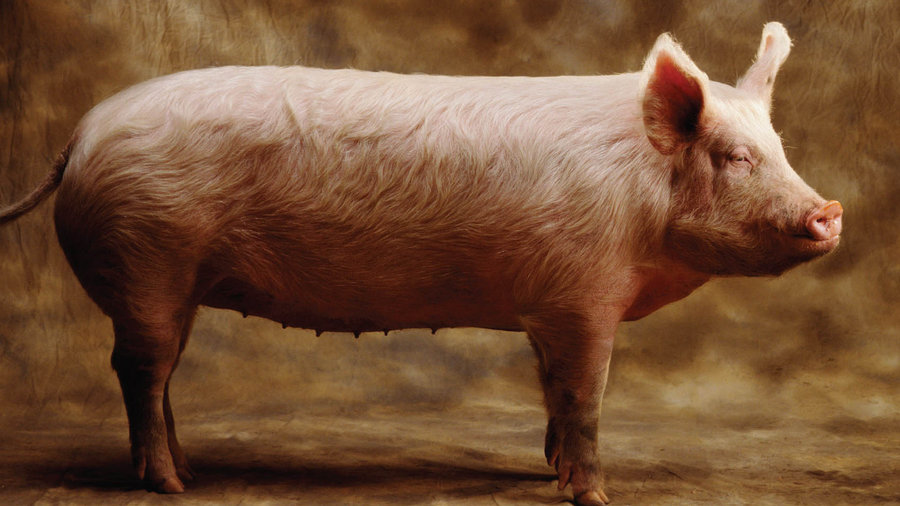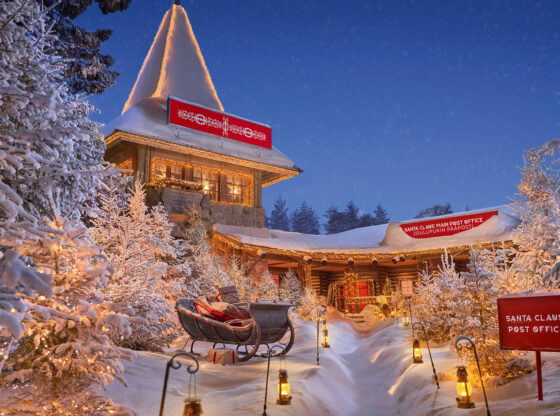![]()
Since the economic crisis back in 2008, investors have been extremely cautious about how they have invested their hard earned finances.
Traditional, previously stable investments have not escaped this caution and the banking sector was particularly badly hit with the collapse of Lehman Brothers.
The reasons for the economic crisis will be hotly debated for many years to come with blame being apportioned to various groups so it is probably best avoided here.

It doesn’t seem so many years ago since people expected returns in excess of 10% for investments that would have been defined as “low risk”.
Nowadays, low risk investments (if they even exist) will only generate returns in the region of 2-3%, barely beating inflation and in some cases, dependent on your geographical location – falling well short.
The category “risk free” has been removed from most financial advisers’ vocabulary.
Alternative investments, for a financial adviser at least, are usually funds that would be classed as “boutique”.
For many years these were popular with advisers giving excellent returns and handsome commissions for advisers.
It was a win, win situation.
These funds invested in green energy, student accommodation, funding litigation and even the purchase of land.
These were all growth areas but then suddenly the bottom fell out of the market and new investors were hard to come by while existing investors were looking to sell. Lack of liquidity led to funds becoming suspended or even going into administration – creating more chaos.
So what alternative investments are out there?
Alternative investments certainly still exist with some being more stable than others.
Some would be classed as “traditional”, some as purely “alternative” and some as “off the wall”.
It depends on your financial position and your tolerance to risk as to what you should and shouldn’t consider.

Before we examine some investment staples we thought it might be fun to draw your attention to a few “off the wall” ones.
For example, did you know that the Chicago Mercantile Exchange allows you to invest in such exotic things as frozen pork bellies or lean hogs?
As case of “pigs might fly”?
You can even hope for a good return on your stock of single malt whisky. At least if that one fails you can always just drink it.
But away from the weird and wonderful, there’s …

Gold
Gold has been seen for years as a stable investment but has certainly taken something of a beating in the past five years or so but appears to be making something of a comeback.
In the past, gold had been the ‘go-to investment’ when stock markets and other investments were seen as volatile. These days it may not offer quite the same safety net but it is still relatively low priced with plenty of potential for prices to rise over the long term.

Oil
Oil is another commodity that has taken something of a hit in recent years although there have been glimmers, although admittedly very faint ones, of a recovery.
Oil is still needed in so many different products that it is hard to imagine that the price will remain low in forthcoming years.
Now may be time to consider investing in oil companies who will not only benefit from the inevitable price rises but who are also looking to invest in alternative and renewable sources of energy.
There is potential for significant growth but maybe not for a few years but now could be the time to buy!
Stocks and shares
Stocks and shares – well what a minefield this is! The FTSE has thrived since the Brexit vote at a time when Sterling has suffered so where to invest could quite easily be anyone’s guess.
Traditional blue chip companies have not escaped since 2008. Mutual Funds and Tracker Funds are possibly still the way to go for those who are risk adverse (although these types of funds are by no means low risk) but the returns that you will receive will match your risk tolerance.

Currency
Another popular investment is currency with day traders who have the money to lose conducting regular trades.
This can be a risky business but can reap the rewards. Sterling is currently at its lowest value against the US Dollar for decades but when, or if, it will recover depends on your political viewpoint and also which economic analysts you listen to.
Currency and FX trading is a gambler’s investment, especially if you are looking to make quick returns so only invest what you can afford to lose.
Group funding
Group funding or crowd funding as it is sometimes referred to, is often used to help entrepreneurs get their ideas off the ground.
Entrepreneurs and investors will post their ideas on group funding websites with the intention of getting backers who can help them turn their idea into a successful product of business.
The investor will pump US$ X into the company in return for shares or some other guarantee should the idea be a success.
Similar to the TV programme Dragons Den, this has seen some investors get fantastic returns while others have lost their investment. This is something for those who like ‘little projects’ and something to take an interest in.
Consortiums
Consortiums are another increasingly popular way to invest and can invest in quite literally anything.
They can vary in size from around five people to thousands. In the past, these have been popular with property and land purchases but now look at a variety of different areas including businesses, stocks and shares, currency and well, just about anything else that takes their interest.
A consortium needs to be properly established and if you are considering investing in one make sure you conduct due diligence and seek the advice of an experienced lawyer.
Stamps and Coins
Stamps and coins have been popular with collectors over the years but are now being increasingly used as a form of investment.
Rare coins and stamps have a high market value and can even been included within some existing investment portfolios.
At least if you invest in this sort of thing you will have a tangible asset but how long it will hold its value or increase in value is open to debate. Something that is seen as a ‘fashionable investment’ today, may not be so popular in years to come so don’t put all your eggs in one basket.

Property
The old favourite of ‘bricks and mortar’ or land is and has always been a popular investment. The adage saying land can only increase in value “as they are not making any more” is true to a degree, but it naturally depends on where the land or property is.
Like any other investments care and advice should be taken before diving in headlong but it should certainly form some part of your investment portfolio.

As always space is running short. I hope that you have found this rather simple look at alternative investments interesting.
Like everything else, diversification is the key to making sure that you spread the risk and is fundamental in achieving your goals especially in times of uncertainty.
So until next time, keep enjoying the Land of Smiles.












